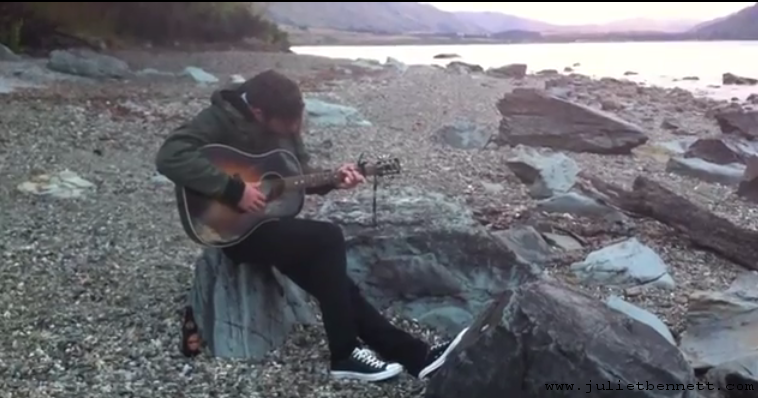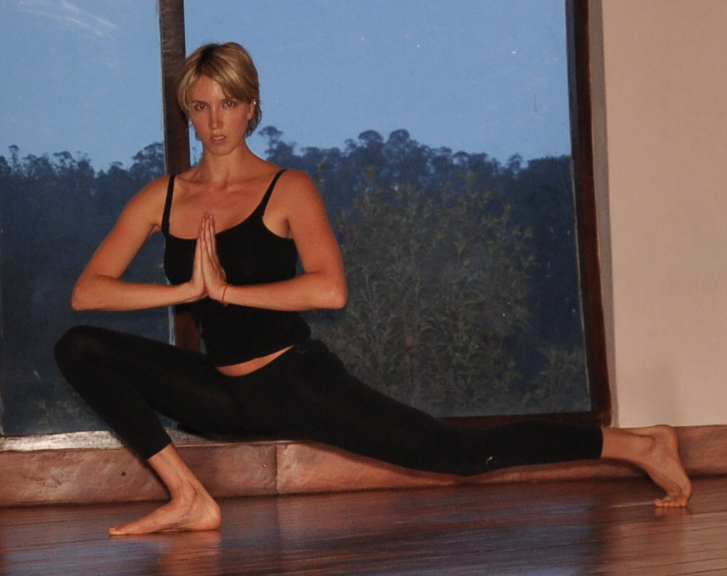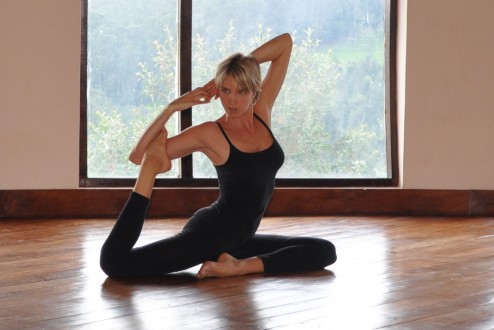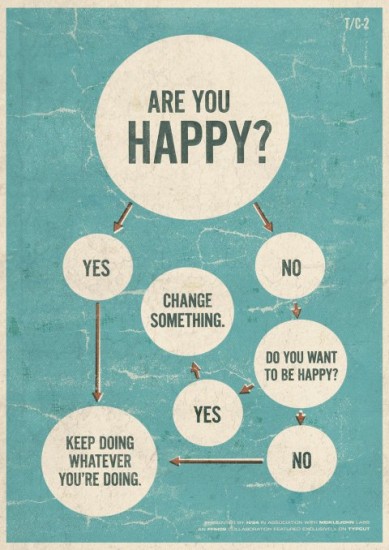Juan, my new friend on Galapagos islands saw the look of horror on my face when I saw the iguana carcass.
“It’s part of life,” he shrugged.

As time on the islands passed I would see many more examples of the cycle of life and death, from the crab shell above to baby birds, to the bones of a sea-lion below. What struck me more than the death was the life that these animals live.
On these magical islands, animals live their lives to their full potential – they live their lives without fear. And they accept their fates with grace.

Well, at least that’s what they told me anyway… anyway moving on.
…
So I’m learning to ride a scooter. Why? Environmental reasons? Monetary reasons? Parking reasons? … Actually, to be completely honest, my main motivation is that scooters are simply SO INCREDIBLY FUN!!! The lesser impact scooters have on the environment, on my pocket, and on my sanity when it comes to parking, are nice little added bonuses.
Today was my first day of the pre-learner course. It was like rekindling a lost love. Air and space surrounding my body as I sped along (at probably no more than 4km per hour so far) whisked me away to some other state of being. Was I once a bird flying in the sky? Was I once a horse galloping in a wild herd? Are these animals more me than I realise? I love scooters. I can’t wait to have my own: to ride to the beach, to uni, to the pilates classes I’ll one day get off my arse and start teaching again.
Alongside scootering it’s been an exciting few days. Yesterday I received an offer to present a paper at a peace conference in Mumbai. Considering I really don’t have to be in Australia for the month of May I figure I may as well backpack around India while I’m there. Maybe I could even write a sequel to my yet-to-be-published book… Ah dreams, gotta have them!
Backpacking alone around India, scootering around the city – am I afraid of killing myself in the process? No, not really. And if I do die, so be it.
I am NOT afraid of dying. I AM afraid of NOT LIVING LIFE TO IT’S FULL.
When it’s my time to go, I’m ready. Is that weird?
…
Death. What do you feel when you hear this word? Death. The last chapter of our life. Does it make you feel scared? Sad? Insecure? Happy?
Death, the only absolute in life, is what many people live their lives in fear of. But why? Is death really so scary? It’s completely unavoidable. One day it will happen to you. And that is that. Is there really any point in worrying about it?
Life & death. Two concepts completely meaningless without the other. Death is the inevitable consequence of life. Without death life on earth would never have evolved. It is through death that adaptation can occur. It is through death that new generations can become more suitable to environments than the previous. It is through death that life survives, thrives, and has lead to the diverse and beautiful flora and fauna that surrounds us and that we are a part of. We have been born into the body that we currently dwell inside, and eventually we will leave that body. When? No one knows. What will it feel like to be dead? People can pretend they know, but if we are sincerely honest with ourselves, we all know that no one knows this either.
…
I think of death as the ultimate peace. Call it “Enlightenment”. “Heaven.” “Oneness with God”. “Rejoining the Soul of the Universe.” “Becoming one with everything that is.” “Returning to a state of nothingness.” … living in a state where there is no separateness. No more ego. No fear-driven consciousness. A place of Balance. Of equilibrium. A place where opposites cease to exist. That doesn’t sound so bad does it? A little boring maybe, but as we live on through the consciousness of everything else that exists, and as we live on in the memory of the lives we lived – death, in my mind, really isn’t so bad.
But on the other hand to not live my present conscious to it’s full potential; to live a life that harms the universe; to deny opportunities; to regret decisions; to not enjoy the moments along the way… that, to me, is far worse than death. That, to me, is torturous. But death…
As long as I have lived each day of my life to it’s full – when it is my time to go I will farewell my consciousness with grace.
…
A few more of my favourite quotes from The Alchemist:
“There was a major battle nearby, and a number of wounded were brought back to the camp. The dead soldiers were replaced by others, and life went on. Death doesn’t change anything, the boy thought.”
“There was no need to be concerned about dying – the Soul of the World awaited him, and he would soon be a part of it. And, tomorrow, his enemy would also be a part of that Soul.”
“The desert takes our men from us, and they don’t always return” she said. “We know that, and we are used to it. Those who don’t return become a part of the clouds, a part of the animals that hid in the ravines and of the water that comes from the earth. They become part of everything… they become the Soul of the World.”
“I have inside me the winds, the deserts, the oceans, the stars, and everything created in the universe.”
If I haven’t mentioned it already, this simple allegorical tale is a very effective one, and a worthwhile quick little read.
…
When it comes down to it we are all going to the same place. We are all a part of the same incredible creation. Separateness is but a temporary illusion.
The inter-connections between humans, all life, and the planet we inhabit, are evident. Now all we have to do is open our eyes and see the deeper truths behind reality. As we do I believe we will find our fears (of death and of life) will subside, allowing us to embrace life’s miraculous moments to each moment’s full potential.





 Tonight I had a decision to make: dinner with mum, PeaceBeliever Tribute to John Lennon at Oxford Arts Factory, bed (I was up late blogging last night), try to keep awake and study, or go to a yoga class. My body craved the hot room, long stretches, mental relaxation of yoga – but it would be at the cost of all the other options, and the bother of driving and parking. All of this I could be avoided if I just sit on my ass and don’t go. But I did. And I was reminded (once again) that yoga is always a good decision.
Tonight I had a decision to make: dinner with mum, PeaceBeliever Tribute to John Lennon at Oxford Arts Factory, bed (I was up late blogging last night), try to keep awake and study, or go to a yoga class. My body craved the hot room, long stretches, mental relaxation of yoga – but it would be at the cost of all the other options, and the bother of driving and parking. All of this I could be avoided if I just sit on my ass and don’t go. But I did. And I was reminded (once again) that yoga is always a good decision.


